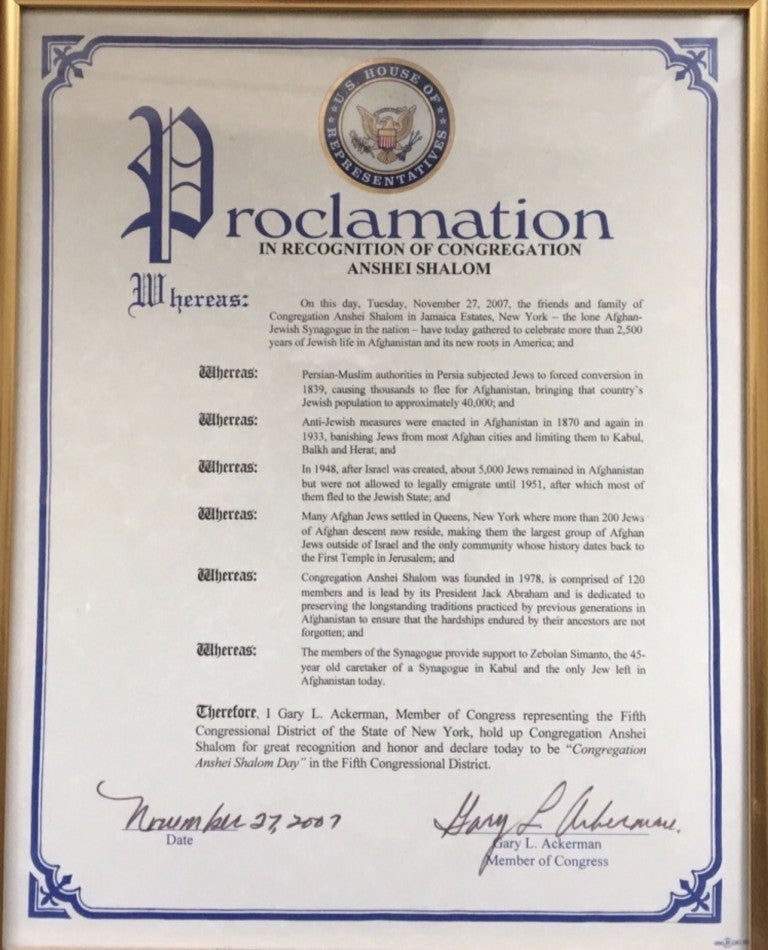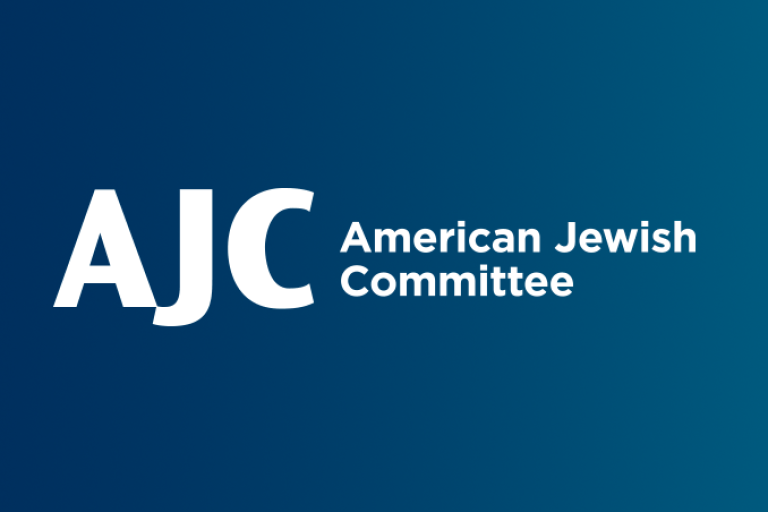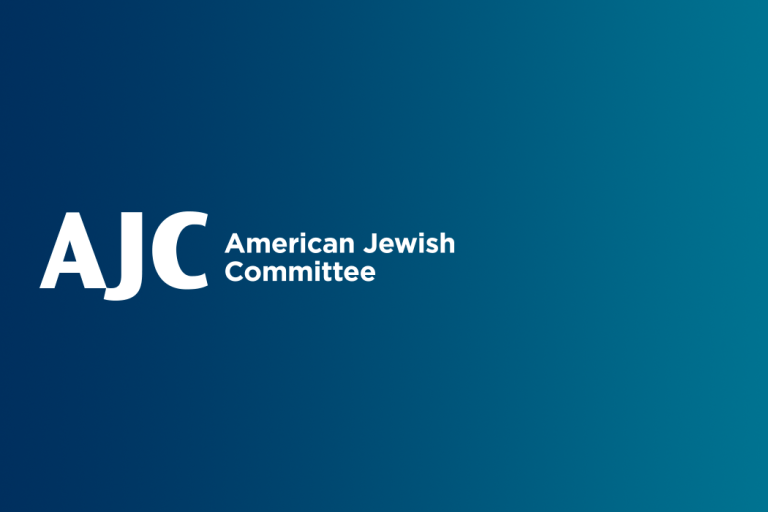August 19, 2021
Following the Taliban’s takeover of Afghanistan, we are joined by Afghanistan-born Jack Abraham, the president of Congregation Anshei Shalom, a synagogue for Afghan Jews located in Queens, New York, to discuss the Jewish history and future of his native country.
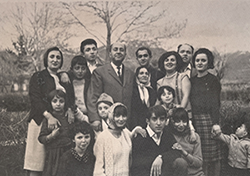
Afghanistan was once home to an estimated 40,000 Jews, centered in Herat, where they played an important role along the ancient Silk Road trading route. But starting in 1933, the community faced antisemitism, persecution and exile influenced by Nazi ideology, and Muslim solidarity with Palestinians and suspicion that Soviet Jews who sought refuge there were “Bolshevik agents.” By the middle of the last century, there were fewer than 5,000. By the time the Taliban came to power in 1996, the country’s Jewish population had dwindled to single digits, and today only one remains.
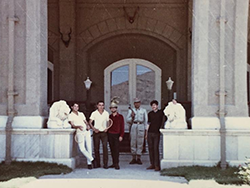
Then, Manya Brachear Pashman shares what she will be talking about at her Shabbat table this week: the recently released study Beyond the Count: Perspectives and Lived Experiences of Jews of Color.
Listen to this episode on Apple Podcasts, Spotify, and Google Podcasts.
Episode Lineup
- (0:40) Jack Abraham
- (15:04) Manya Brachear Pashman
